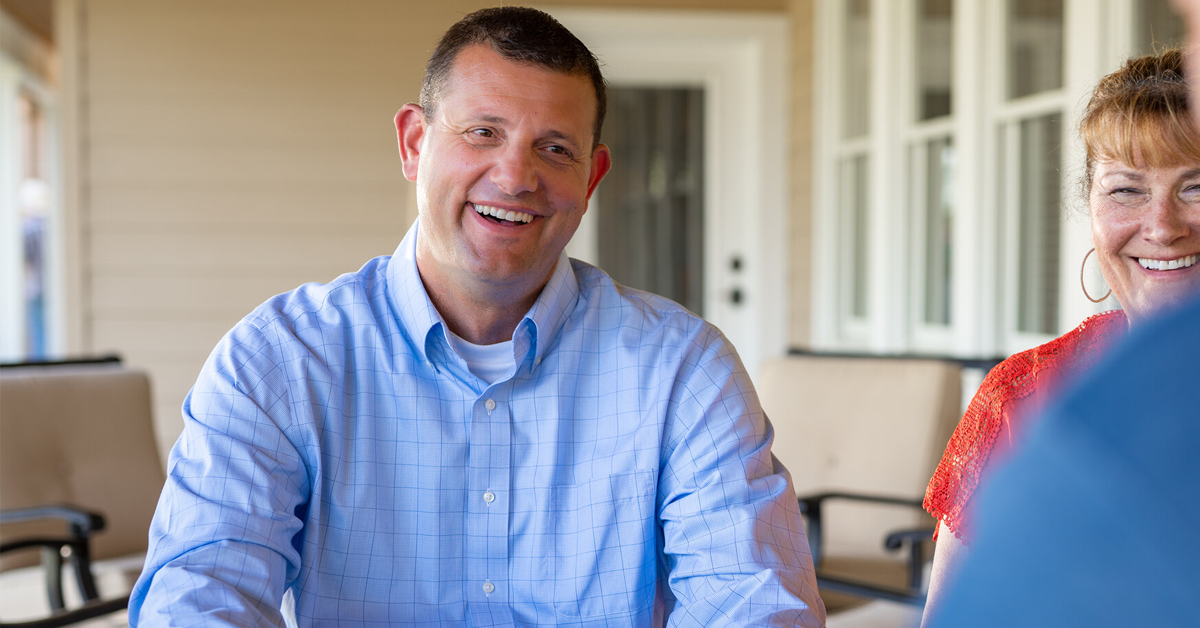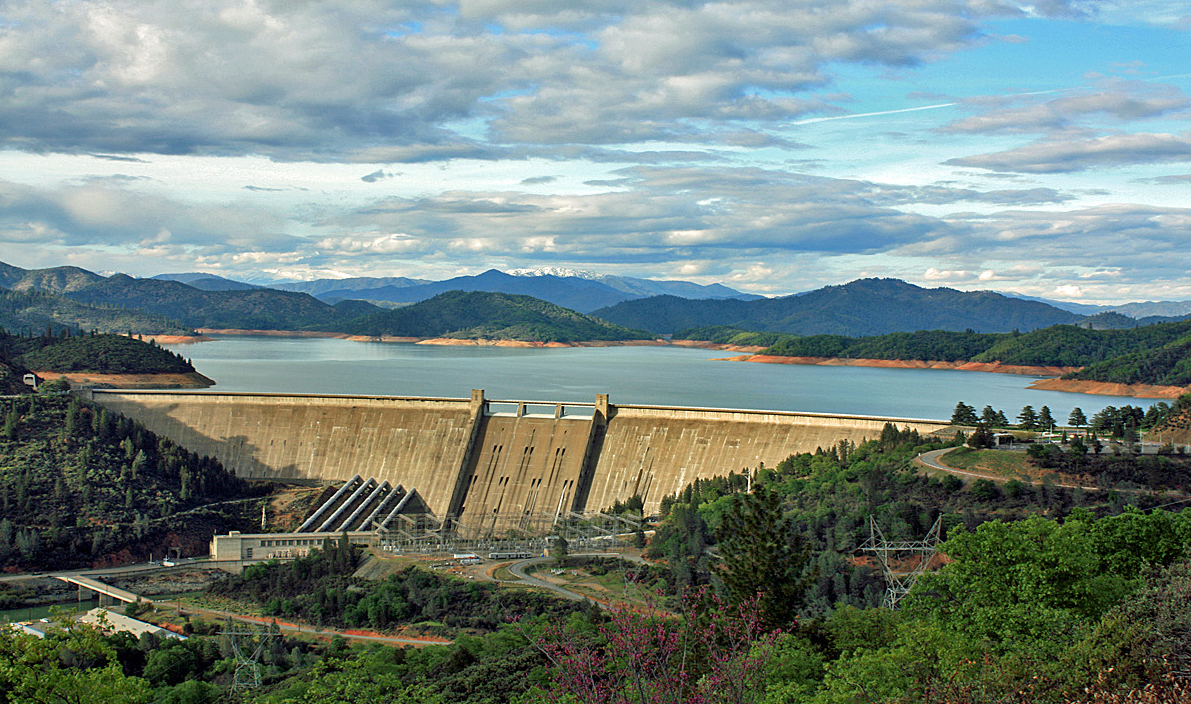Madera County water users will not see a change to their allocations through the Madera County Groundwater Sustainability Agency (GSA) in the near future.
Along with passing on changing the allocation amount per acre-foot, the Madera County Board of Supervisors is also looking to increase the penalty amount for those who extract water in excess of their allocation.
The backstory: In December, the Madera County Superior Court issued a preliminary injunction against collecting fees for projects (GSP fees) in the Madera Subbasin of the county GSA. The GSP fees would have funded projects that would obtain new water supplies for the subbasin.
- Last June, water users in the Chowchilla Subbasin successfully protested against GSP fees, which created a significant financial gap to fund GSP projects.
- In addition to the fight surrounding the GSP fees, about 30 percent of farm units exceeded their water allocations last year in the Madera Subbasin. That number was up around 40 percent in the Chowchilla Subbasin, leading the county to consider increasing overdraft penalties.
- Last September the board adopted a penalty for 2023 of $100 per acre-foot in excess of allocation, which would be increased by $100 per year up to $500 in 2027.
What we’re watching: With the significant number of requests both ways regarding allocations, the county is standing pat and will revisit allocations in GSP planning for 2025.
- In the meantime, the county is going to consider an emergency ordinance on water recharge at a future board meeting. The policy would provide a partial credit to landowners that can be used in lieu of or in conjunction with their 2023 groundwater allocation for irrigation within the county GSA during the year, retroactive to the first of the year.
- The board will consider raising the penalties for excessive users at a future meeting. A potential plan discussed Tuesday would involve a tier system to penalize egregious offenders more than those who are, for example, overdrawing by 10 or 20 percent of their allocation.
What they’re saying: “We want the water that we’re putting in the ground to be there for the future to be able to continue our operations and what have you,” said Supervisor David Rogers. “So we’ve got to address this now.”










